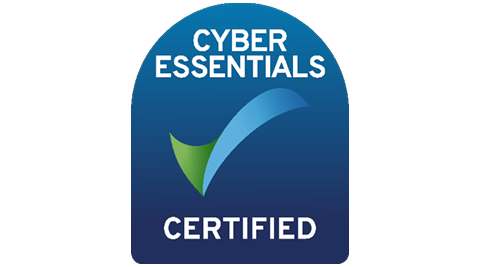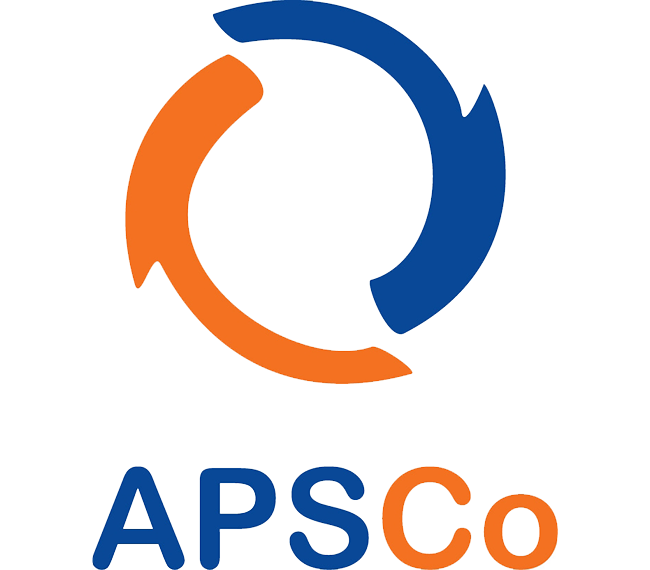As we move into 2025, the project controls market across nuclear, defence, and infrastructure remains fiercely competitive. Companies are in a race to secure niche skills that are critical for success in these highly specialised sectors.
In these sectors, project controls are more than just a function—they’re the backbone of success. Effective project controls ensure that projects are delivered safely, on time, and within budget while adhering to strict regulatory standards. This encompasses everything from cost management and scheduling to risk analysis, and it plays a vital role in mitigating risks and ensuring compliance.
For candidates, the demand for project control expertise presents a wealth of opportunities. As technology continues to advance in this area, those with the right skills are poised to make significant contributions. For organisations, investing in strong project controls isn’t just about meeting KPIs; it’s about safeguarding the integrity and success of critical operations. In a sector where precision and accountability are non-negotiable, project controls professionals truly drive success.
More focus on contract
One of the key trends we’ve observed is a growing preference for contractor roles from clients. This approach offers organisations access to high-level expertise without the commitment of permanent hires, making it an attractive option for projects requiring specialised skills. However, this trend also intersects with the complexities of IR35 legislation, which continues to shape the contractor market. Under IR35, organisations must determine whether a contractor falls within or outside the scope of being classified as an employee for tax purposes. This means businesses need to carefully assess contracts and working practices to avoid potential tax liabilities.
For many companies, this adds an administrative burden and requires additional scrutiny, making it essential to have robust compliance processes in place. For contractors, IR35 can affect take-home pay and contract flexibility, adding another layer of consideration when negotiating rates and terms. As a result, hiring managers are not only finding that competitive contractor rates are necessary to attract top talent but also need to ensure these rates account for any IR35 implications. Navigating this balance effectively is critical to securing the best professionals while maintaining compliance.
Hybrid Working: The Push and Pull Between Flexibility and On-Site Demands
The rise of hybrid working has been one of the most transformative shifts in recent years, and it continues to shape the job market. Candidates still value the flexibility hybrid roles offer, but certain sectors—like defence and infrastructure—are pulling back toward on-site work. The reasons are clear: these industries often require hands-on work or secure environments that simply can’t be managed remotely.
This push and pull creates a unique challenge for hiring managers and candidates alike. For candidates, understanding on-site expectations early in the hiring process is critical. From our perspective as recruitment specialists, there’s an opportunity to bridge this gap. By helping organisations and candidates align their expectations, we ensure both parties are set up for success. It’s all about finding that sweet spot where operational needs and worker satisfaction intersect.
The companies that strike the right balance between offering flexibility and meeting operational demands are the ones likely to secure the best talent in the year ahead.
Promises vs. Reality: Avoiding Career Progression Pitfalls
One of the biggest frustrations we hear from candidates is around career progression—or rather, the lack of it. Too often, candidates feel misled by promises that don’t align with the reality of their roles. This disconnect can quickly lead to dissatisfaction and high turnover, leaving both employers and employees in a lose-lose situation.
For candidates, the solution lies in asking the right questions during the interview process. Specifics like “What’s the average time to promotion?” or “Can you share examples of career progression within the team?” can provide clarity. On the employer side, transparency is non-negotiable. It’s not enough to offer vague assurances; clear pathways, regular feedback, and measurable goals are essential. When companies and candidates approach progression with honesty and mutual understanding, the result is a more committed and engaged workforce.
At Scantec, we’re passionate about helping both candidates and organisations navigate the complexities of the project controls market. Whether you’re looking for your next career move or seeking to build a team that will deliver exceptional results, we’re here to support you every step of the way. Contact us to learn more about how we can help you thrive in 2025 and beyond.
Jack Murphy
Consultant







